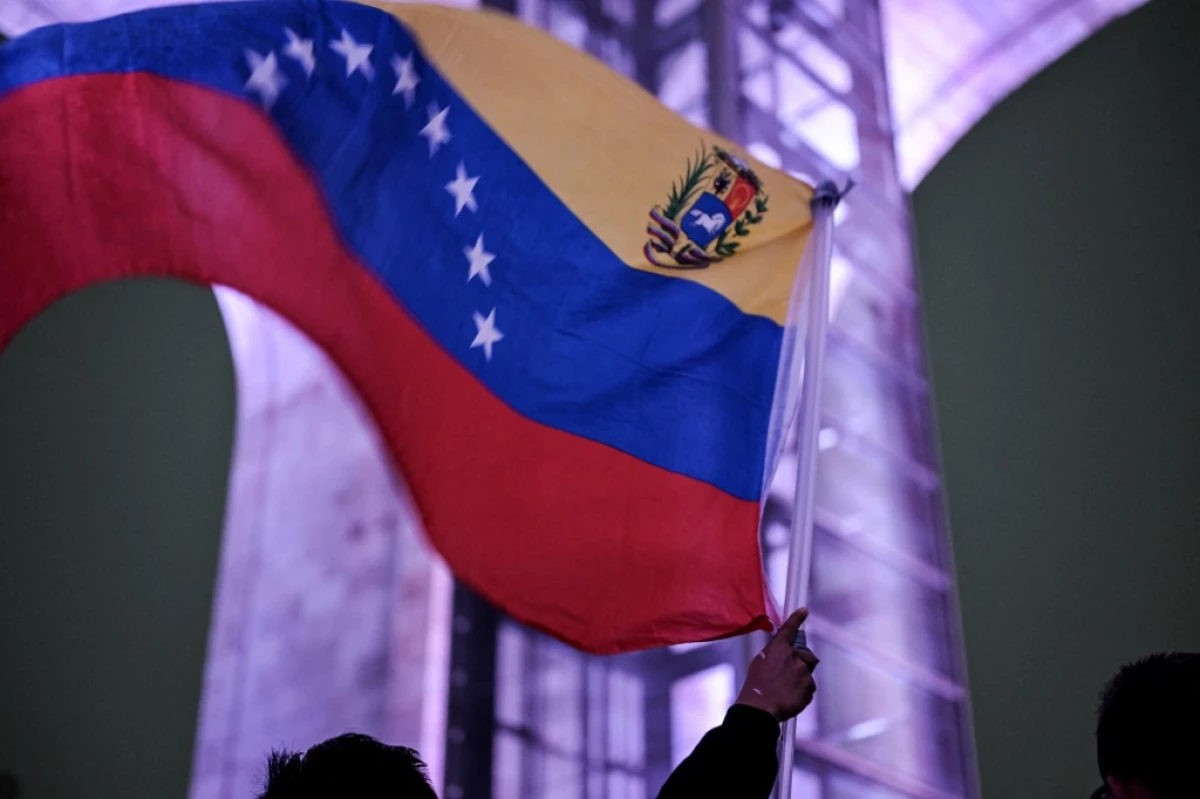
The maximum penalty of 30 years in prison and practically life-long disqualifications from holding public office: The Venezuelan Parliament, controlled by the ruling Chavismo, approved this Thursday a law to punish support for international sanctions against the country.
The new legislation coincides with heightened tensions over the re-election of Nicolás Maduro for a third term (2025-2031), denounced as a fraud by the opposition, which demands a victory for candidate Edmundo González Urrutia in the elections held on July 28.
“Any person who promotes, instigates, requests, invokes, favors, facilitates, supports or participates in the adoption of coercive measures (…) will be punished with imprisonment of 25 to 30 years”includes one of the articles of the law, approved by the National Assembly in response to an initiative in the United States Congress that proposes strengthening sanctions.
(Read also: “There is no possibility” that Edmundo González will return to Venezuela to be sworn in: Diosdado Cabello)
Up to a million dollars in sanctions in Venezuela
In these cases, fines equivalent to between 100,000 and one million dollars are stipulated, as well as up to 60 years of political disqualification.
The legislation punishes with identical penalties “any person who promotes, instigates, requests, invokes, favors, facilitates, supports, finances or participates in armed or forceful actions” against the Caribbean country.
Those accused of promoting foreign sanctions, the law adds, may be tried in absentia if they refuse to attend hearings.
“It is a law” to “establish order and establish limits against the sell-out attitude of a small sector” that “become lackeys”said Nicolás Maduro.
Venezuela and senior government officials have been sanctioned in recent years by the United States and the European Union, accused of electoral irregularities and human rights violations. Washington recognized González Urrutia, exiled in Spain after an arrest warrant against him, as “elected president.”
Bolivar vs Bolivar
The “Liberator Simón Bolívar Law” voted in the unicameral Parliament of Venezuela responds to a bipartisan bill approved by the United States House of Representatives on November 18 to strengthen sanctions against Caracas, which still needs the green light from the Senate and the signature of the president to enter into force.
The initiative under discussion in the US Congress, called Prohibition of Operations and Leases with the Illegitimate Venezuelan Authoritarian Regime (BOLIVAR for its acronym in English), prohibits signing contracts with people who have business with the Maduro government, which it calls “illegitimate”, or with any other “not recognized as legitimate” by Washington.
The use of the name of the greatest hero of Venezuelan independence caused an angry reaction from the Maduro government.
“In a shameless way, they have placed (the law) the acronym of Bolívar, in an offense against the greatest genius in American history, who dedicated his life to defeating imperialism and colonialism,” The Foreign Ministry counterattacked in a statement, which described the project as a “criminal attack.”

JUAN BARRETO/AFP
US sanctions had been relaxed, with licenses for energy transnationals such as Chevron to do business in Venezuela.
However, questions about Maduro’s re-election are reviving threats to reintroduce these measures, while awaiting Donald Trump’s return to the White House.
“If imperialism speeds up its march to try to harm Venezuela, we will speed up our march again,” said Maduro.
Diplomatic relations between Caracas and Washington have been broken since 2019.
Media under surveillance in Venezuela
The new law establishes sanctions for media outlets that disseminate “propaganda” in favor of sanctions or “messages” that promote them.
The consequences can reach the “revocation of the concession” to operate in the cases of television and radio stations, as well as fines of around 100,000 to one million dollars. Messages in the press, as well as on social networks, are punished with the same fines.
The press union denounces great restrictions in Venezuela, where massive media closures have been recorded in 25 years of Chavista governments.
If those judged to promote or support sanctions are foreigners, the law states, they may be subject to “expulsions” from the country, as well as confiscation of assets.
(Read also: Edmundo González is “morally prepared” for an eventual arrest in Venezuela)
Source: https://www.noticiascaracol.com/mundo/venezuela-castigara-con-30-anos-de-carcel-a-quienes-respalden-sanciones-internacionales-cb20


